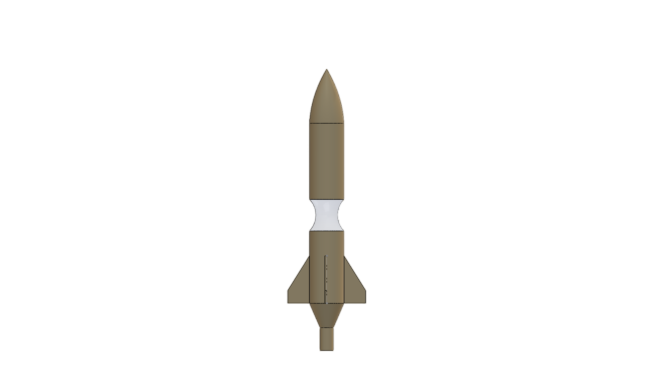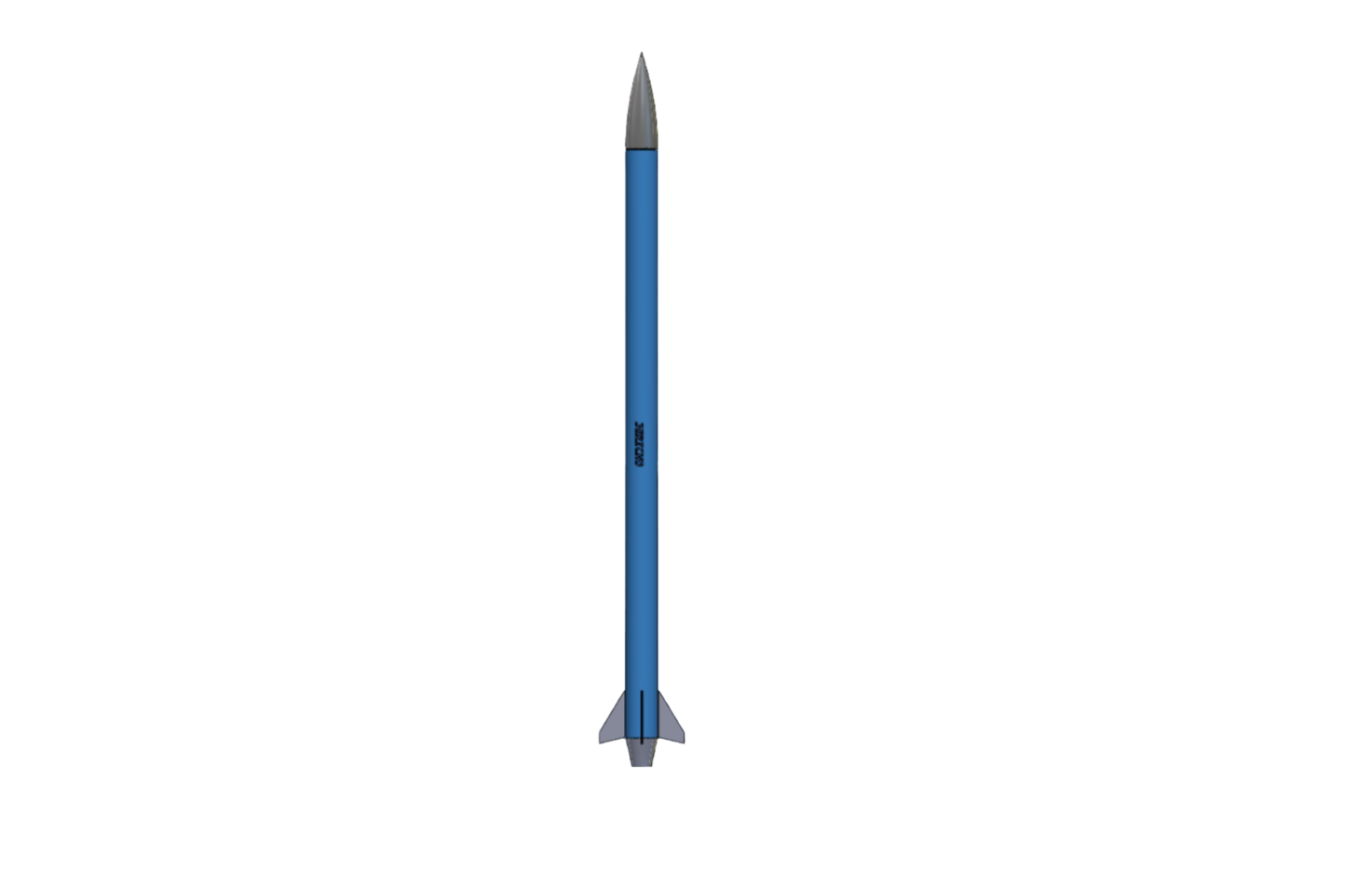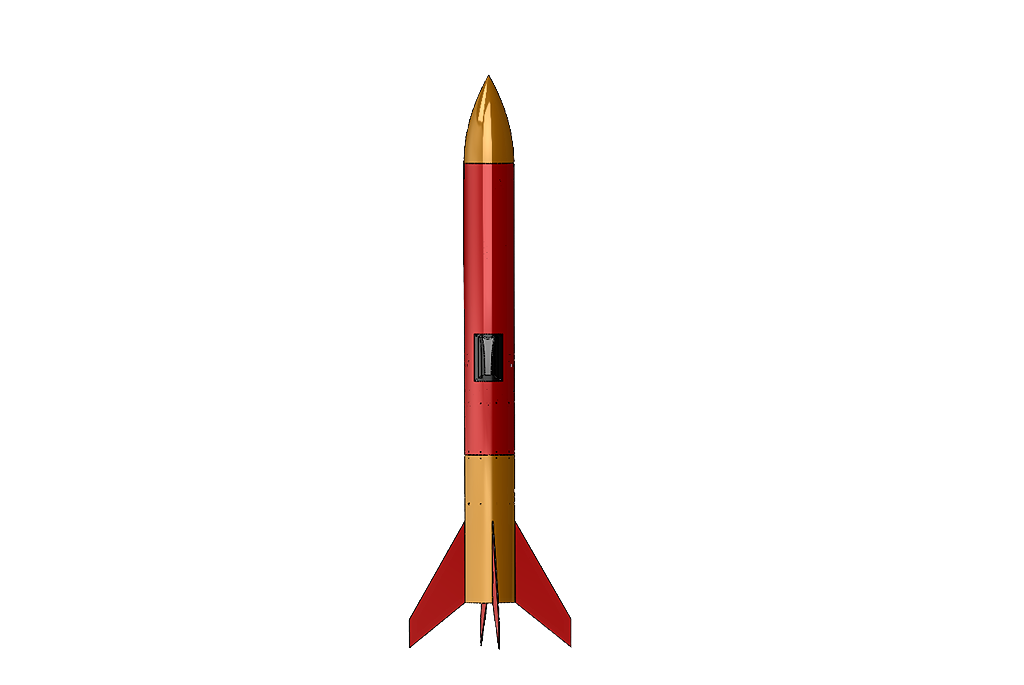
INDIA
ENGINEERED BY
Team Ignition
Dedicated to advancing space technology through collaboration, innovation, and expertise in sounding rockets, representing VIT Chennai and India on a global stage.
Driven by Obsession
A relentless pursuit to challenge, learn, and innovate.
NEXT LAUNCH
Fueling Innovation, Reaching New Heights in Rocketry.



Special Team Expo VIT - 2024

Lift Off 2024

SRAD K class Solid Motor: Static Test 1

SRAD K class Solid Motor: Static Test 2

Poseidon, our inaugural build for the Technoxian Water Rocket Challenge, marked Ignition's entry into competitive rocketry. It provided key insights into aerodynamics and design, fueling progress for future projects.
- Achieved a top 10 finish at the Technoxian World Cup, setting a strong foundation for Ignition's competitive journey.

Jericho introduced Ignition to solid-fuel rocketry, expanding our knowledge of rocket mechanics and system integration. This project deepened our expertise and prepared us for more advanced builds.
- Provided foundational experience in solid-fuel rocketry, significantly enhancing our technical understanding despite technical challenges.

Pioneer is a high-powered rocket designed to reach a 1 km apogee, powered by our SRAD motor. It carries Suryasat, a CANSAT studying UV radiation effects at high altitudes, advancing our scientific research contributions.
- Completed a successful static test, making us one of the fastest teams to reach this milestone. Data collection will focus on UV radiation exposure at high altitudes, contributing valuable insights to atmospheric research.

IgniteX is our entry for the InSpace competition, featuring innovative recovery systems and a deployable CANSAT at 1 km. This project showcases our advancements in design, creativity, and engineering.
- This is our first entry in an Indian competition, with the launch set for March 2025, highlighting our commitment to pushing the boundaries of rocketry and CANSAT deployment technology.
Recovery
Designs and tests the parachutes and recovery mechanisms to ensure safe descent after launch, they develop dual-deployment parachutes and drogue systems for our rockets.
Software
Handles coding and software implementation for avionics and telemetry systems. They process real-time data, manage communication between the flight computer and ground stations, and ensure proper data storage and analysis.
Management
This department also handles public relations, media content, and outreach, creating educational and entertaining videos and managing the team's social media presence to promote rocketry and enhance the team's visibility.
Logistics and Finance
Oversees team logistics, budget management, and sponsorships while maintaining relationships with partners and coordinating events.

Payload
This department designs CANSATs for scientific research, integrating sensors that collect data during flight. They ensure successful deployment and recovery of cansat, contributing valuable insights to various research objectives.
Avionics
Develops the electronic systems needed for flight control, including sensors, flight computers, and telemetry. The department uses microcontrollers to monitor flight data and control functions such as parachute deployment.
Propulsion
Responsible for designing, developing, and testing solid rocket motors. This department handles fuel composition, nozzle design, and motor casings, ensuring the motor generates sufficient thrust and performs reliably during flight and static fire tests.
Airframe and Structures
In this department, the external and internal structures and the rocket's mechanism are designed, simulated, and manufactured. CAD, CAM, and other software design the structure, balance parameters, simulate flight paths, and analyse stability and aerodynamics.





